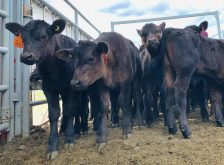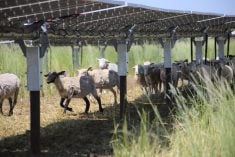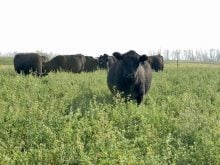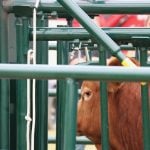Researchers are hoping a new $300,000 research project will help find alternatives to antimicrobial growth promoters in livestock production.
“The reason why we’re working on this topic is because of mounting public pressure regarding the use of antibiotics in livestock production,” said Douglas Inglis, a research scientist with Agriculture and Agri-Food Canada.
The first step is getting a handle on why some, but not all, antibiotics enhance growth and feed efficiency in livestock when administered in low doses. Even though they’ve been used for about 60 years, “people have no idea how they work,” Inglis said.
Read Also
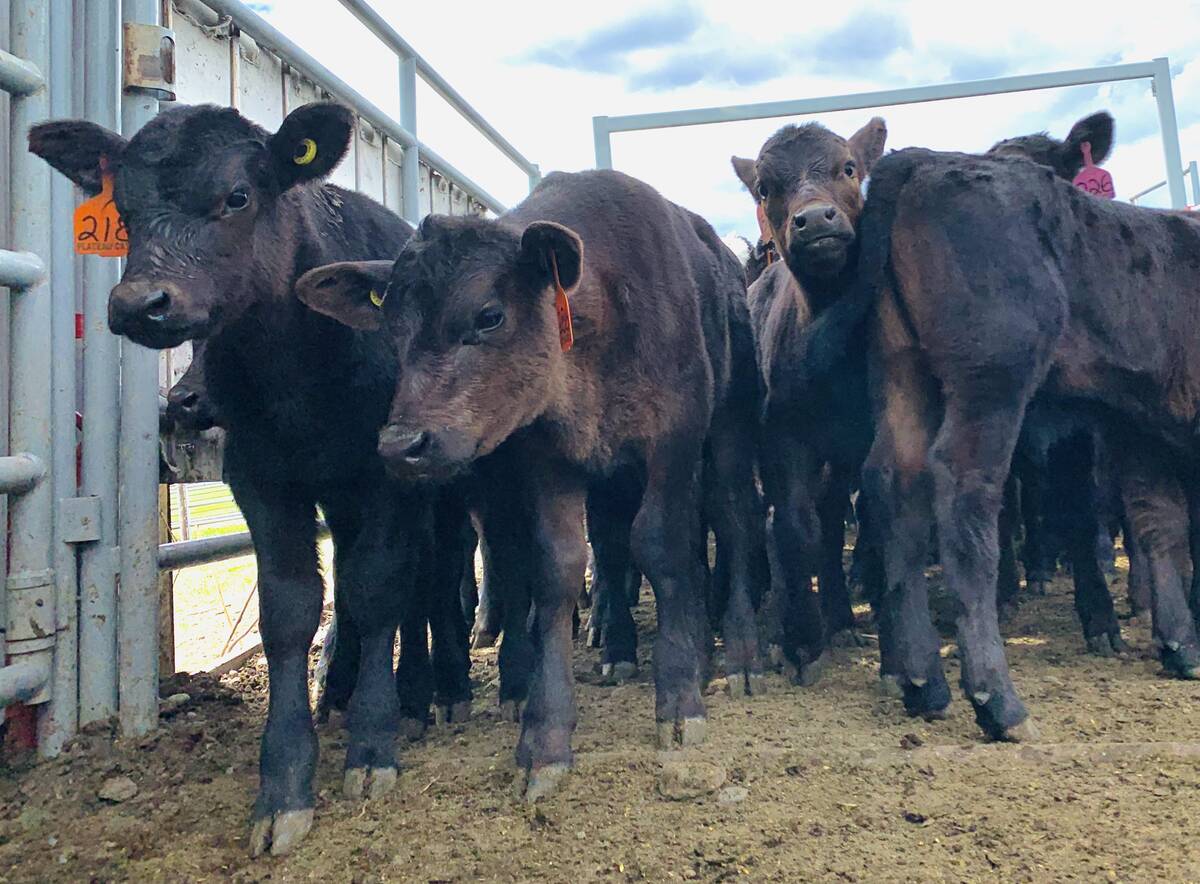
How ‘care and compassion’ protocols drive performance at this Alberta ranch
Plateau Cattle Company says lowering stress in calves using science-based practices leads to higher weaning weights and better animal health.
What is known is that administering low doses of antibiotics for prolonged periods of time is “absolutely the worst scenario you can get for selecting for resistance in bacteria,” he said.
Some bacteria associated with livestock are also pathogenic in humans, and there is growing concern — although no definitive proof — that antibiotic-resistant pathogenic bacteria could be transmitted from livestock to people.
Those concerns have prompted the European Union to ban the use of antimicrobial growth promoters in livestock production, and Inglis said the U.S. Food and Drug Administration is giving strong signals it is considering a similar move, which would impact the Canadian market.
The second phase of the project, which is being funded by the Alberta Livestock and Meat Agency, will look for alternatives. Previous efforts to find alternatives have met with only limited success, but Inglis said determining how antimicrobial growth promoters work will give them a better chance of success.
“We’ve got scientific information that indicates they don’t work exclusively as antibacterial agents and that’s really critical,” he said.
An alternative would be good news for livestock producers, said ALMA president and CEO Gordon Cove.
“This could pay off in favourable response from consumers as industry is seen as producers of safe and environmentally responsible products,” he said.
The research project was also welcomed by the Alberta Beef Producers (ABP) and other industry groups.
“Although antibiotic resistance levels are low in beef cattle, and there is little scientific evidence to support antibiotic resistance transmission to humans from beef cattle, ABP is always supportive of innovative research into alternative production practices that could benefit the industry,” said Karin Schmid, an ABP beef production specialist.
Other groups echoed that view.
“I think there’s been increasing pressure on the livestock industry … on the use of antimicrobials,” said Joyce Van Donkersgoed, a feedlot veterinarian and a technical adviser to both the Alberta Cattle Feeders’ Association and the National Cattle Feeders’ Association. “I’m a big supporter of research into things like this.”
“If that’s what the consumers are wanting, that’s the way it should go,” added Aaron Brower, president of the Western Stock Growers’ Association.


